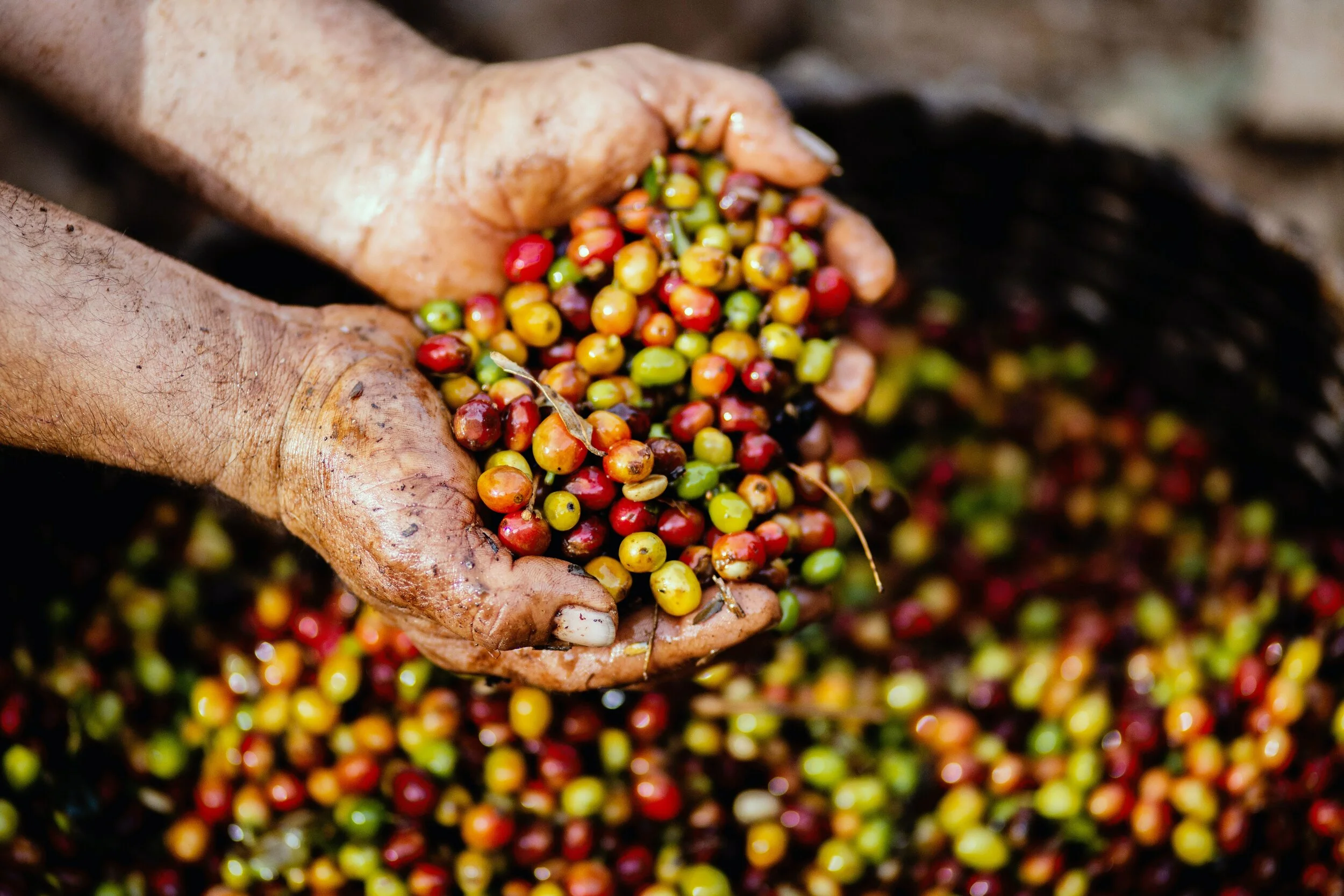Defining Direct Trade and Why It Matters to Civilized Coffee
Why We Choose to Prioritize Sustainability and Transparency in Sourcing Our Coffee
These days, the term “direct trade” can be spotted on coffee, tea, chocolate, and more – but what exactly does it mean? Unlike fair trade, direct trade products aren’t governed by established regulations. Instead, they rely on ethical practices and transparent trade. Put into practice, direct trade is designed to deliver high-quality coffee and fair prices, keeping both farmer and consumer happy while supporting sustainable growth for the supplier and seller alike. At Civilized Coffee, we’re proud to provide direct trade beans, purchased from local, small-scale farmers. To learn more about our practices, read on.
Understanding Direct Trade
As its name implies, direct trade is about forming direct relationships with coffee farmers and producers. With this sourcing method, we buy directly from growers and eliminate the importer, exporter, and other middlemen.
Through this structure, we also strive to establish a mutually beneficial supply chain with transparent practices. This includes emphasizing ethical standards, such as fair wages, safe working conditions, and environmental sustainability.
Further, we’re free to work with any farmer, regardless of size or organization membership. The farmers we work with have generations of knowledge about their land’s climate and agricultural traditions that we’re honored to enjoy in the form of high-quality coffee beans. Above all, direct trade is about supporting independent producers and developing a sustainable business that helps both parties continue to grow.
Direct Trade vs. Fair Trade
Although their names may sound similar, direct trade and fair trade are distinct. While direct trade relies on the buyer to establish transparent practices, fair trade has existing regulations to be followed. Established in 1988 to ensure coffee producers were being paid fair wages, Fairtrade International has mandates regarding payment, labor laws, and ethical standards.
To be part of a certified fair-trade company, coffee producers must apply and pay for a license. Because of this, small growers may find it challenging to join the organization; as a result, a primary critique of fair trade is that it prioritizes large plantations over small, independent farms.
Likewise, while through direct trade we can opt for higher quality coffee in exchange for higher premiums, there is less opportunity for price negotiation within fair trade. Without this room for flexibility, some fair trade critics argue that the quality of coffee may be reduced.
Despite these critiques, fair trade and direct trade both have benefits. A study from 2011 found that fair trade had more of an effect on overall infrastructure development, while direct trade had a more significant impact on growing wages and quality of life.
Building a Sustainable Future
As consumers moved away from mass-produced coffee and toward artisanal, responsibly-sourced blends, we entered the “third wave” of coffee. Sustainable practices like direct trade are a key part of this growth. Ultimately, we believe taking steps to support the entire supply chain can improve the coffee experience for all those involved. We hope you’ll join us.

